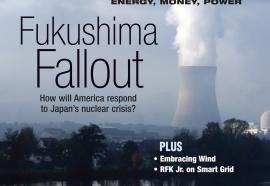The Transformation Myth
Telecom-style revolution is beyond our reach.
In the information age, big growth doesn’t come from putting steel in the ground; it comes from innovating and creating value. But if electricity customers care only about reliability and price, how can utilities create real value that didn’t exist before?










